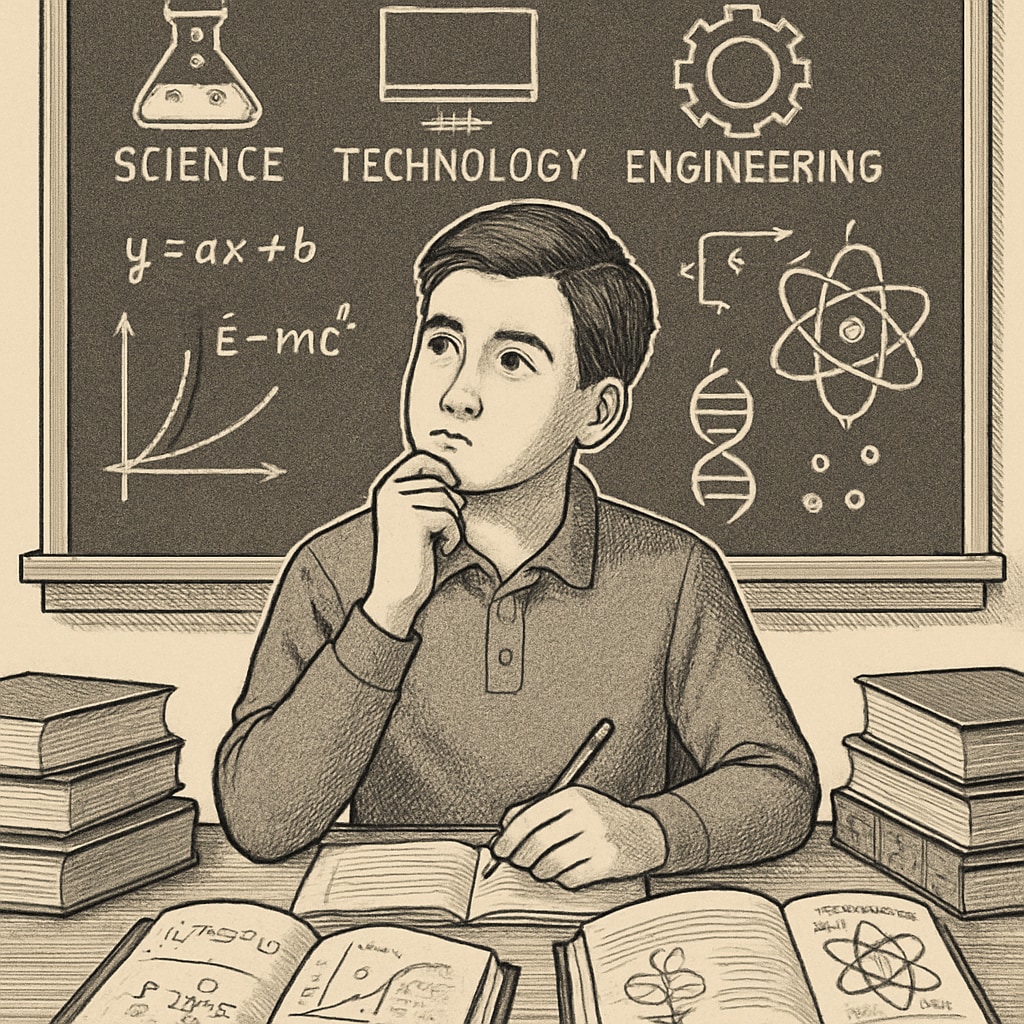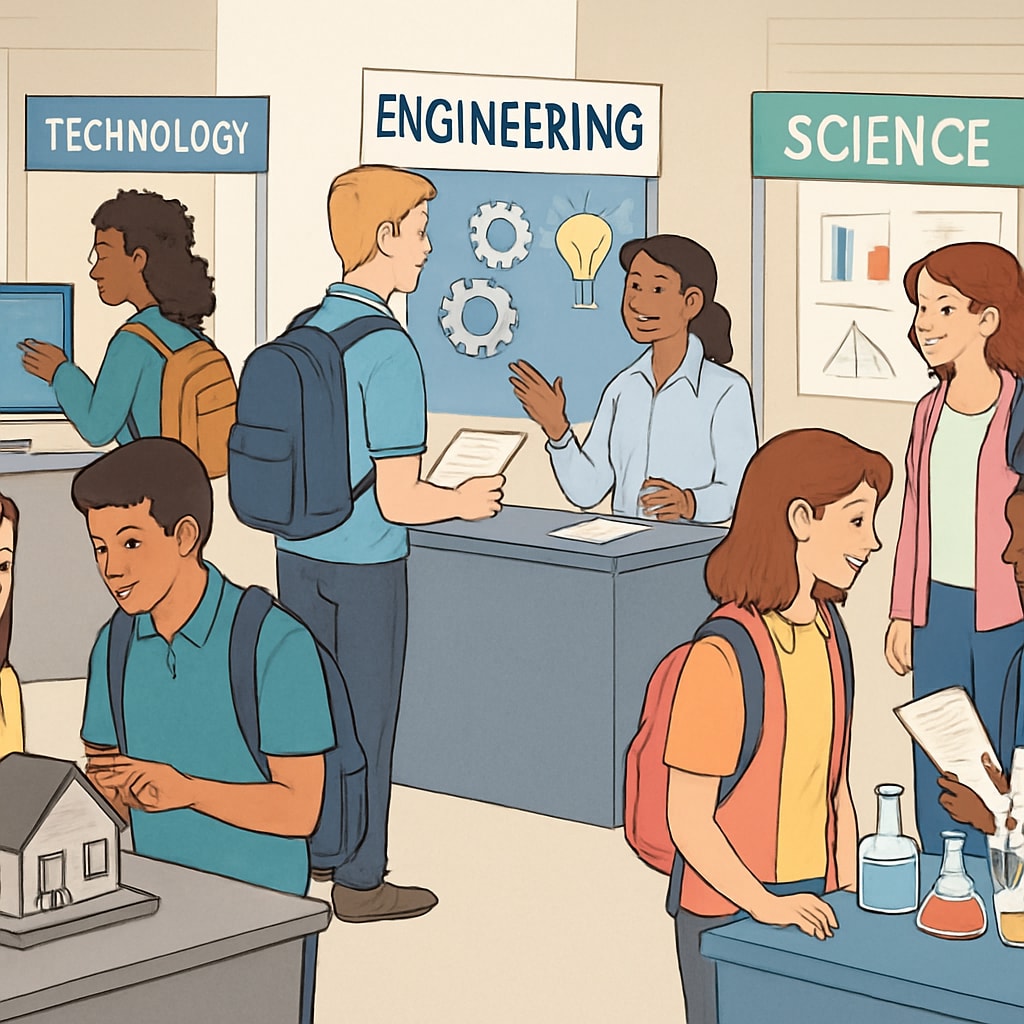Choosing a college major is a pivotal decision for high school students, especially for those with strong interests in math and science. The process can be overwhelming, as students must balance their enthusiasm for these subjects with the realities of career prospects and future opportunities. This article offers actionable advice on professional and personal alignment for students preparing for university applications.
Evaluating Your Interests and Strengths
Before committing to a major, it’s essential for students to identify their genuine interests and strengths. For example, are you drawn to theoretical concepts like calculus or physics, or do you prefer practical applications such as engineering or data analysis? Tools such as personality assessments and career-oriented aptitude tests can help uncover these preferences.
Additionally, students should reflect on their academic performance. If consistently excelling in math and science courses, this can indicate a natural aptitude for fields such as computer science, biomedical research, or economics. Combining self-reflection with external resources like Britannica’s overview of mathematics or Wikipedia’s science categories can solidify your perspective.

Exploring Career Options in Math and Science
Once interests are clear, students should explore career pathways tied to math and science. Some popular options include engineering, computer science, actuarial science, medicine, and finance. Researching industries and job roles can provide insights into future earning potential, job stability, and growth opportunities.
For example, engineering majors often lead to well-paying roles, while data science is one of the fastest-growing fields globally. Students can also consider interdisciplinary careers, such as environmental science or artificial intelligence, which combine math and science with problem-solving skills.
- Visit professional organizations’ websites, such as the American Mathematical Society or IEEE.
- Attend career fairs or webinars to understand real-world applications of math and science.
- Speak to professionals or alumni from colleges to gain firsthand insights into various industries.

Gaining Practical Experience
In addition to research, practical experience is invaluable. Internships, part-time jobs, and volunteering opportunities provide students with firsthand exposure to specific fields. For example, working in a lab or shadowing an engineer can help clarify whether a student is genuinely passionate about that career.
Moreover, extracurricular activities such as robotics clubs or science competitions can develop critical skills and strengthen college applications. Many universities value applicants who demonstrate initiative and real-world engagement in their chosen fields.
Readability guidance: This article uses concise paragraphs, lists for clarity, and focuses on actionable advice. Transition words like “however” and “in addition” ensure smooth flow. Remember, each student’s journey is unique, and finding the perfect balance between passion and practicality is key.


